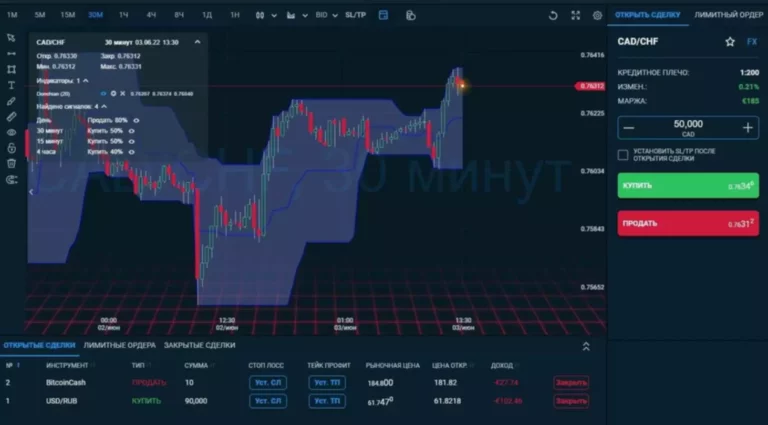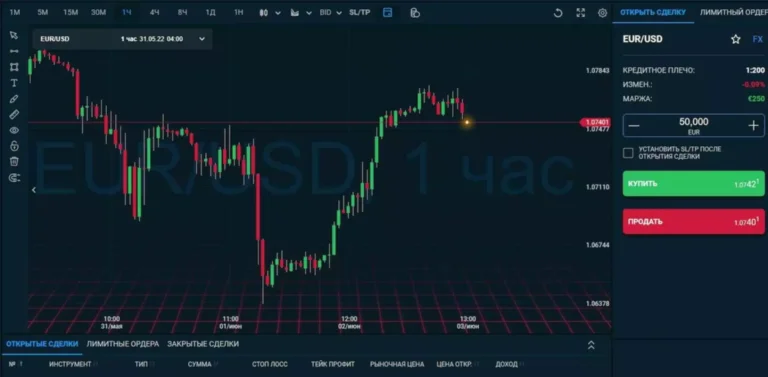In this model, liquidity is provided by users who deposit their assets into liquidity pools. Traders work together with these pools, buying or selling property primarily based on the out there liquidity. The price of belongings in AMM-based DEXs is determined by the ratio of assets within the pool, which fluctuates based mostly on provide and demand. DEXs allow users to retain management of their funds, and trades happen by way of sensible contracts, enhancing safety and privacy. Sushiswap, a outstanding decentralized change, shocked the crypto group with its exit scam.
Although it’s a DEX, his firm now plans to launch a compliant product referred to as 1inch Pro, particularly to cater to these purchasers. At this time, they cannot but compete with the most important CEXs in size so they cannot offer as much liquidity. The rising recognition of DEXs might in part replicate their success in dodging some regulatory hurdles. ShapeShift was once a CEX till its CEO said the company misplaced 95% of its customers as a result of KYC measures it was pressured to implement in 2018. In 2021, Shapeshift decidedly pivoted and became a DEX to shrug off this drawback.

Asset Control Across Change Varieties
They use order books to match trades and act as custodians of users’ funds. When discussing the CEX and DEX matters, liquidity is one other pivotal difference. A important problem decentralized exchanges face is their low liquidity, which hampers their capability to attract high-volume merchants.
Once validated, the exchange equips users with their login particulars to access their accounts, familiarize themselves with the foundations and rules, and begin buying and selling. In quick https://www.xcritical.com/, use a CEX for convenience and onboarding, and a DEX for privacy, management, and entry to the broader Web3 ecosystem. The user expertise (UX) of an change can significantly influence your trading journey, particularly for novices. An order guide is an electronic report comprising a list of purchase and sell orders from merchants. The order contains the quantity and price of the asset they want to buy or sell. When a buyer quotes a buy order to buy an asset, the trade finds an identical sell order to execute the commerce.

In contrast, CEXes provide a extra integrated platform, consolidating varied companies under one umbrella. Centralized exchanges outstrip DEX with a bigger user base and superior liquidity ranges. A DEX is an efficient selection if you’re considering investing in a diverse range of latest projects with low market caps. Despite CEXs launching new tokens frequently, DEXs still dominate most new token gross sales and liquidity.
Centralized exchanges sometimes use an orderbook system to facilitate trades between customers and the matching of orders is handled internally on the exchange’s servers. This allows for very fast and cost-efficient trades, however the draw back is that the user doesn’t really have an insight into what’s occurring behind the scenes. They type the core infrastructure of the crypto economic system, enabling token liquidity, fundraising (through IEOs/IDOs), and person onboarding. For companies, CEXs present smoother onboarding, regulatory compliance, and deep liquidity.
- CEX offers simplicity and regulation, while DEX prioritizes control and privacy.
- Your choice between a CEX or DEX will depend in your priorities and preferences as a dealer.
- What are the regulatory implications for CEXs and DEXs, and how does this impression their operation and user base?
- The value on the time the transaction is submitted might be decrease than when it’s executed, so they’ll pay a higher worth than they initially anticipated.
The crucial difference between centralized and decentralized exchanges is the choice between trusting institutions or expertise to run financial providers. Selecting between centralized exchanges (CEX) and decentralized exchanges (DEX) is essential for crypto merchants. CEX presents simplicity and regulation, whereas DEX prioritizes management and privacy. This article will explain CEX vs DEX that will assist you make an knowledgeable alternative. Centralized exchanges (CEXs) are perfect for crypto investors looking for user-friendly platforms with customer assist providers.
Thus, it is in all probability not convenient for those trying to commerce anonymously. Users should manually regulate slippage tolerance when trading on DEXs, which may be complex and result in loss if carried out improperly. Merchants lacking specific knowledge may make errors leading to fund loss. Funds may be completely misplaced if assets aren’t on the same blockchain because the DEX. In this article, we’ll help you understand the difference between CEX vs. DEX and outline crucial benefits and downsides of each sort of change.
South African Equities Rebound, But Us Commerce Concerns And Inflation Risks…
Under are some of the not-so-good components of the centralized exchanges. Not Like a CEX, a DEX does not require users to submit private data for verification purposes. As a outcome, these exchanges are far more anonymous, making them well-liked amongst those looking for greater privateness of their trading actions.
Peter has been masking the cryptocurrency and blockchain area since 2017, when he first discovered Bitcoin and Ethereum. Peter’s major crypto pursuits are censorship-resistance, privacy and zero-knowledge tech, although he covers a broad vary of crypto-related topics. He is also thinking about NFTs as a unique digital medium, particularly difference between cex and dex in the context of generative art. Build quick, scale securely, and stay ahead with our tailor-made growth services. Working with an experienced white label exchange growth company helps cut back danger, handle prices higher, and ensure your platform is compliant and scalable from day one.
What’s Defi? How Does It Work And Its Operating Rules
A CEX places the consumer through the painful process of Initial coin offering adding KYC documents. Bitcoin (BTC), the world’s first cryptocurrency, was launched in 2009. Since then, cryptocurrencies have come a protracted approach to be acknowledged as an asset class. At its peak, the crypto market’s whole market cap went as much as three trillion dollars. Additionally, despite the ongoing crypto winter, it is still above 800 billion dollars as of December’22.
Deciding On the best cryptocurrency exchange impacts your security, trading experience, and overall success. Totally Different platforms supply distinctive features, charges, and security levels. Choosing the incorrect trade can outcome in monetary loss or security dangers. Your selection between a CEX or DEX will depend in your priorities and preferences as a trader. If you worth velocity, liquidity, and a user-friendly interface, a centralized trade could also be more appropriate.
DEXs promote transparency and scale back reliance on centralized entities, providing a more decentralized and trustless buying and selling experience. Yes, DEXs have buying and selling fees, however they are usually decrease than those of CEXs. Moreover, customers must pay network charges (gas fees) for transactions. CEXs are more user-friendly, offer higher liquidity, and support fiat on-ramps, making them more accessible to the common dealer. Meanwhile, let’s look deeper into decentralized exchange earlier than deciding which is best.
At the guts of the operation are the order e-book and change entity, making the model centralized. To use a CEX like Binance, you have to create an account and verify your id based on native rules. The exchange will also take custody of the assets you need to trade on the CEX after you’ve deposited them into your CEX account.